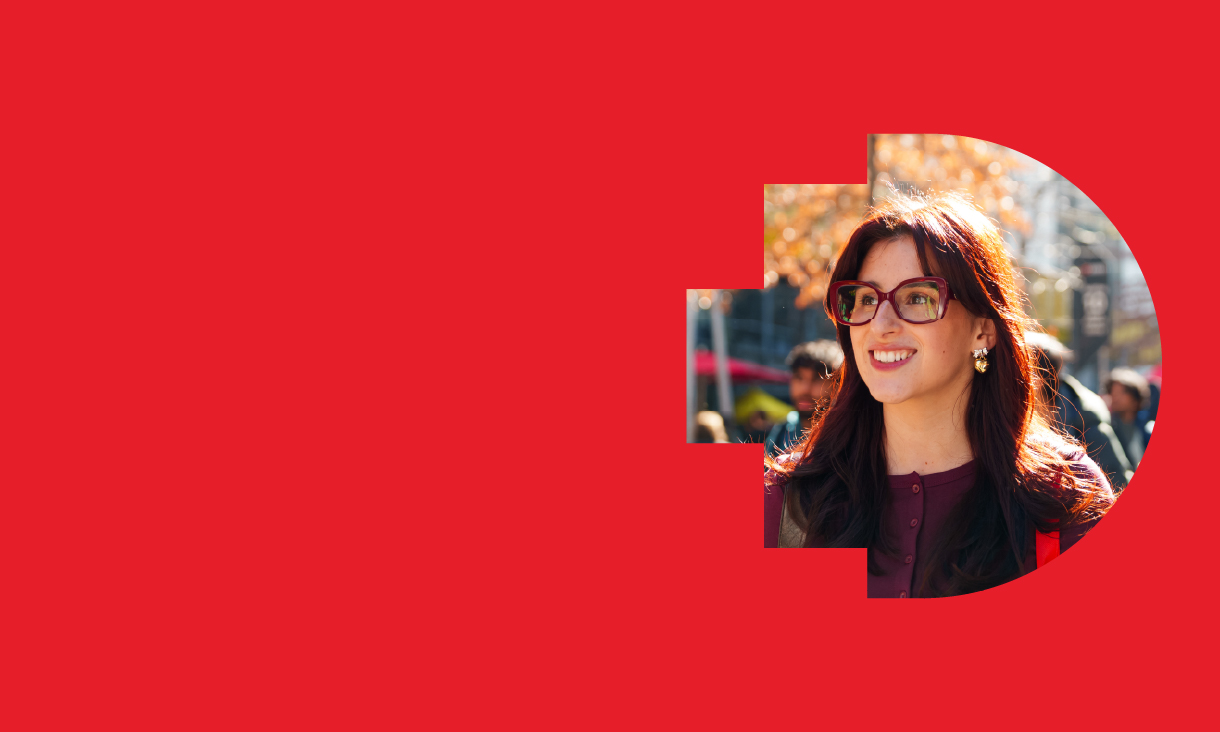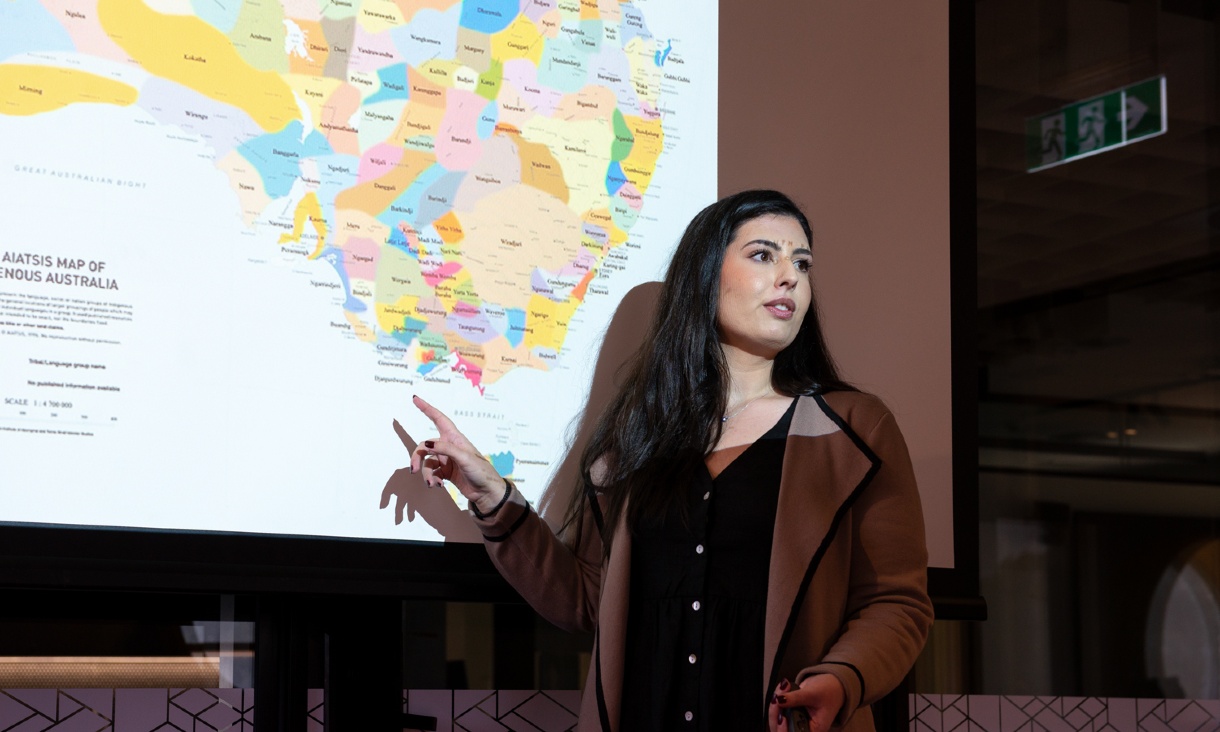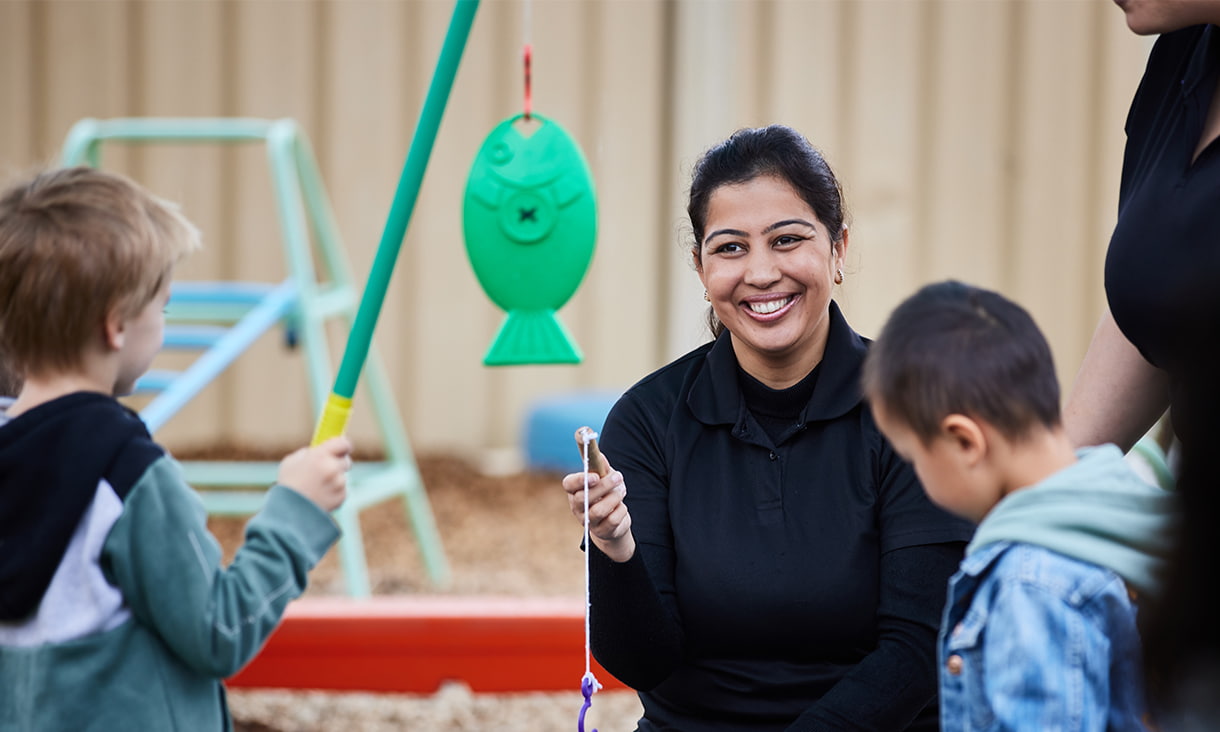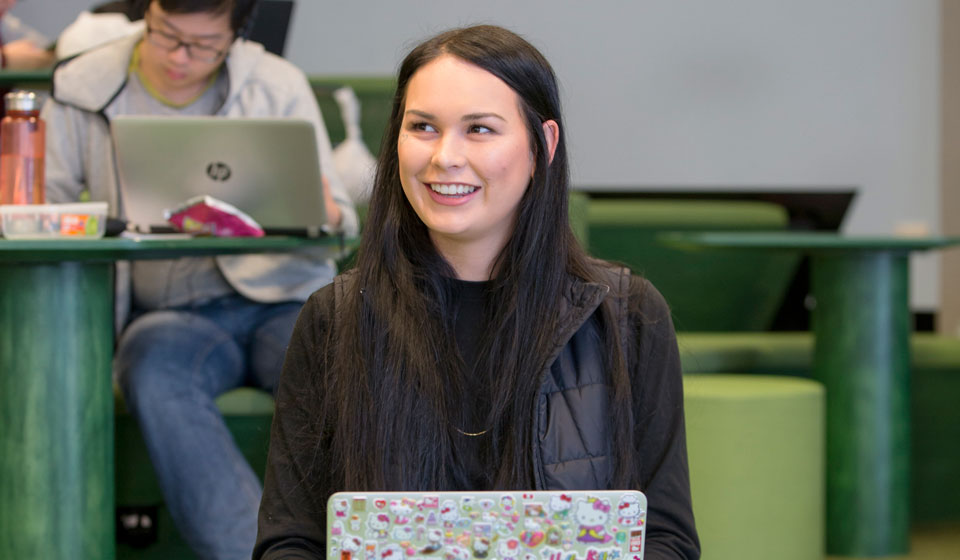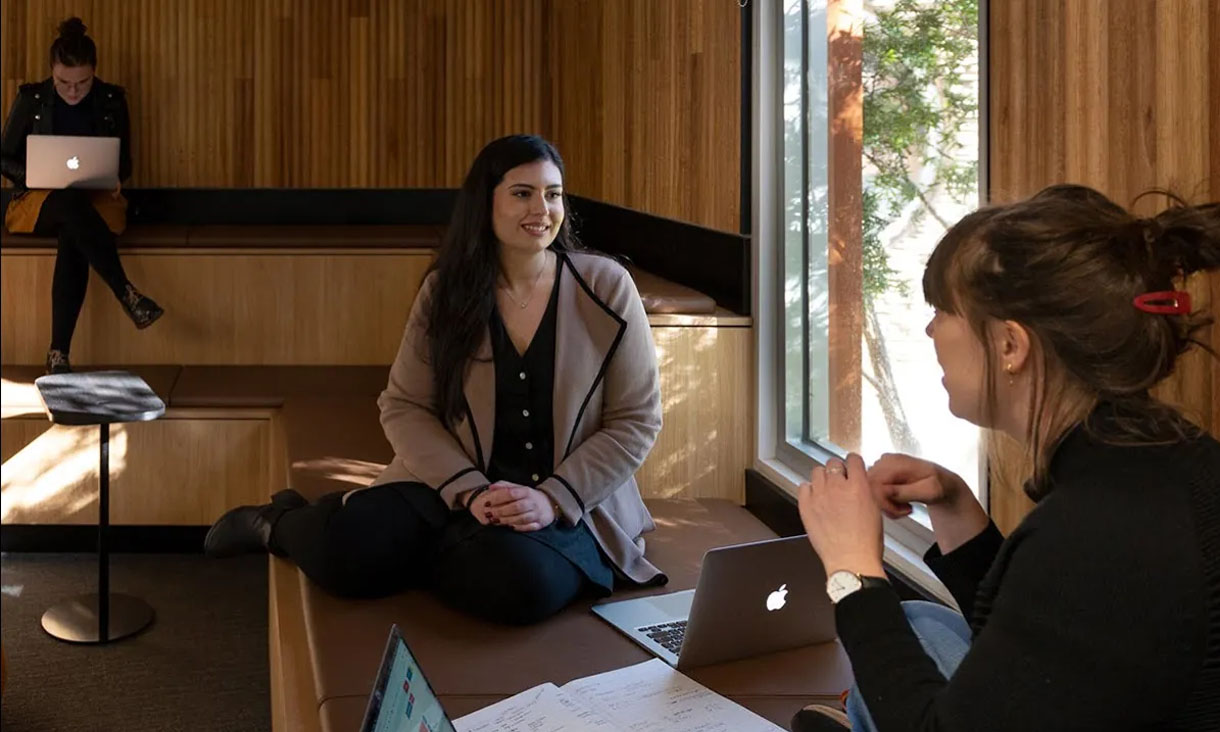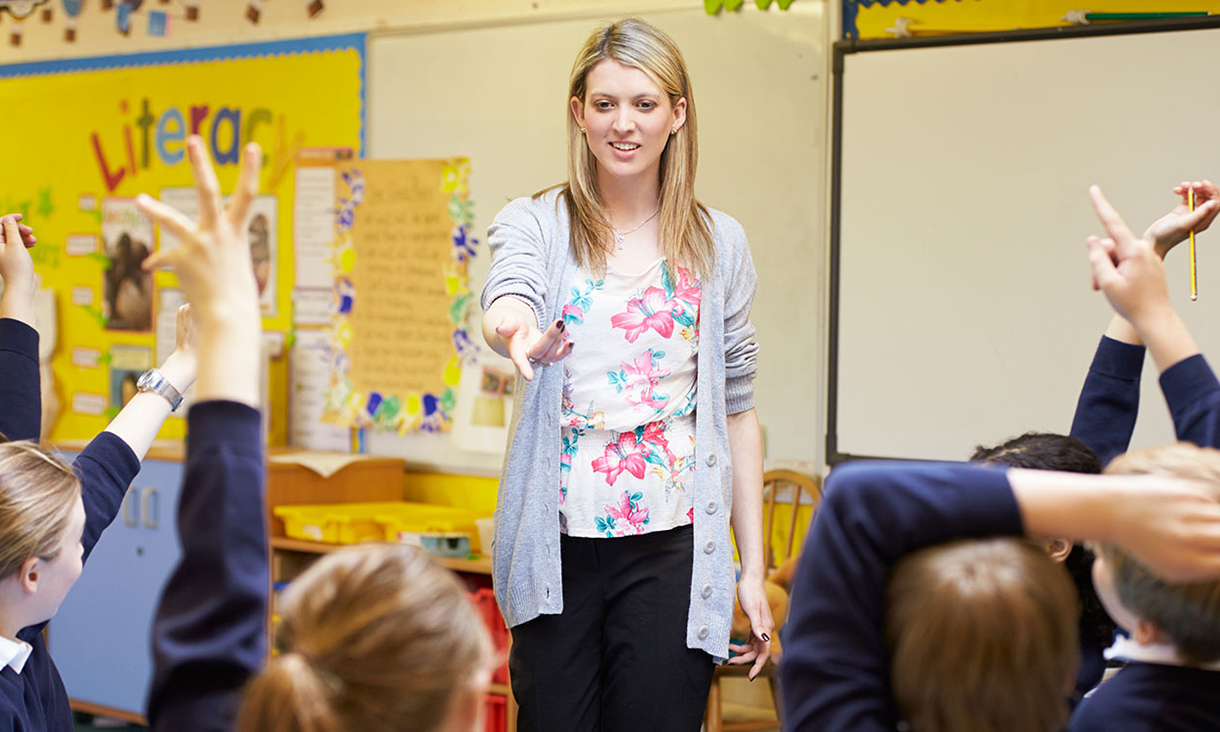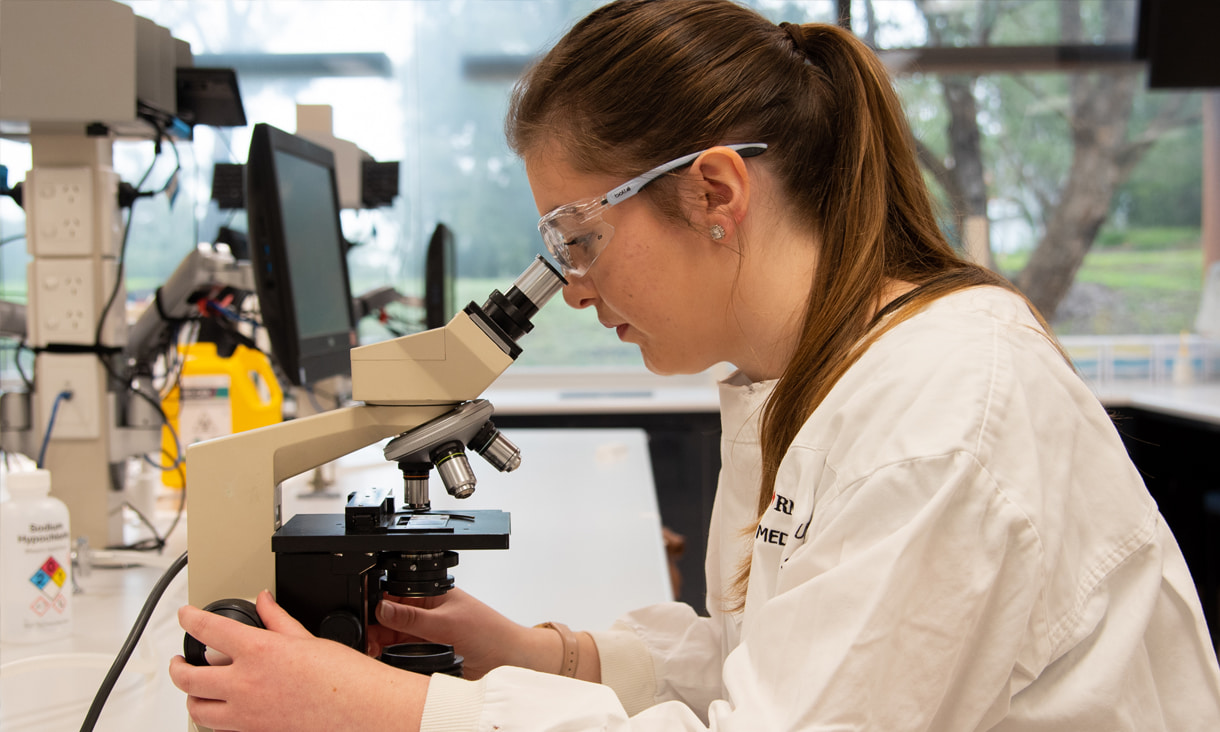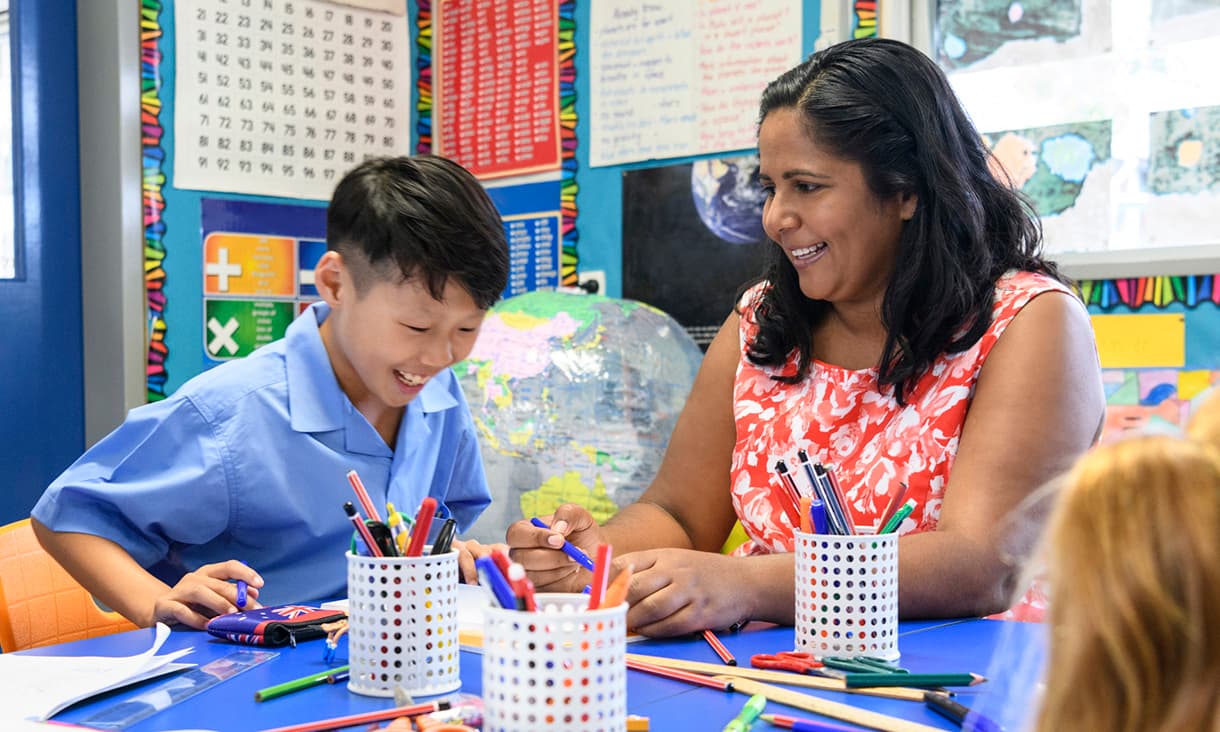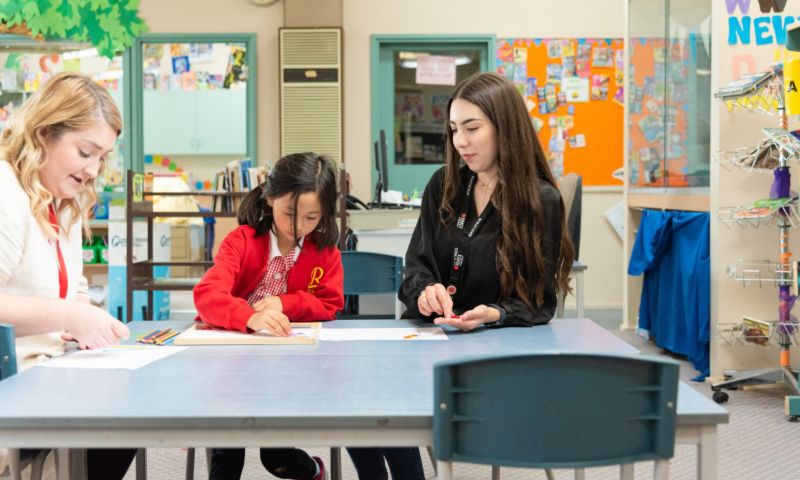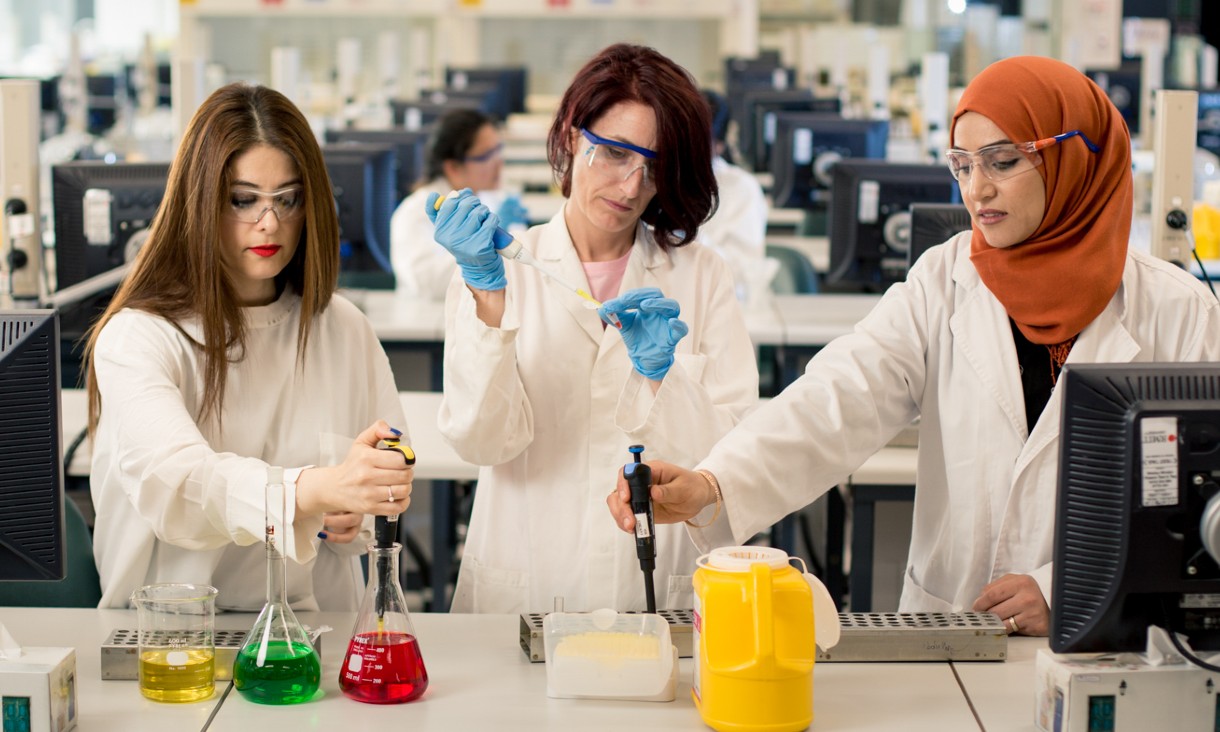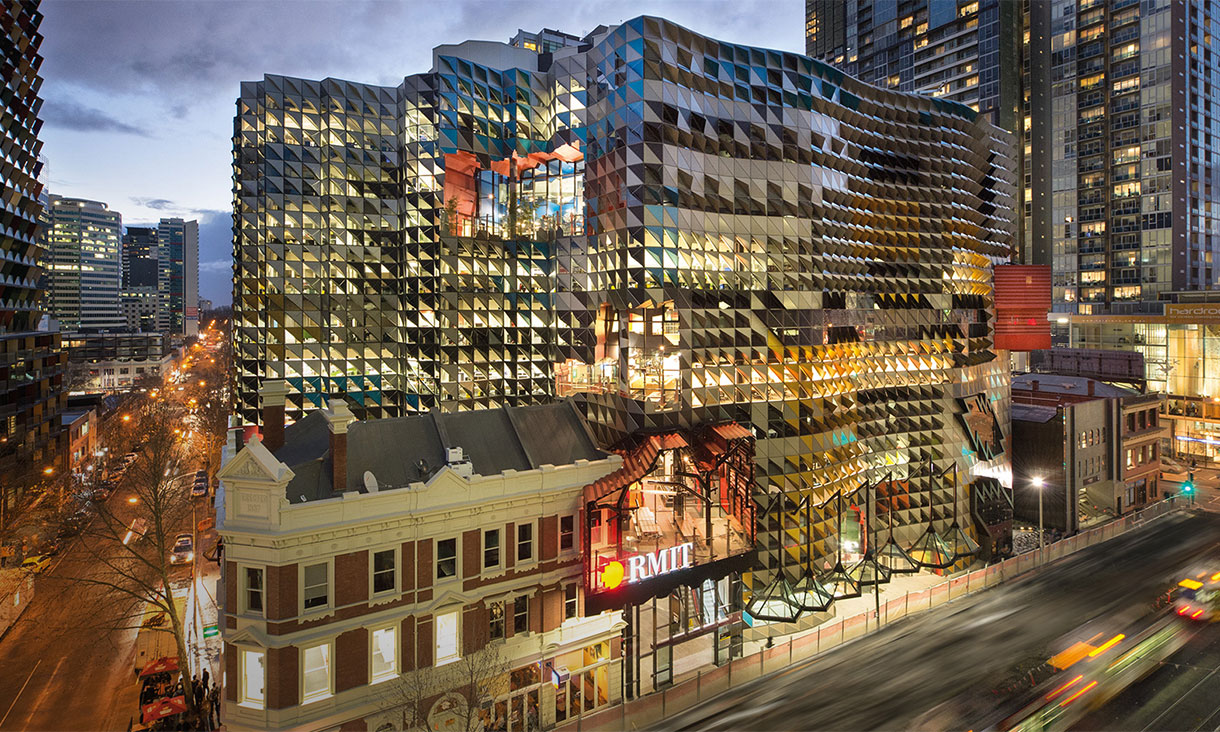Social and community
Leave a positive impact on people and communities by studying languages, community services, social work, urban design and more at the #1 university globally for commitment to reducing inequality*.
Health
RMIT’s health degrees, certificates and diplomas target the theoretical and practical skills you need to provide expert care in mental health, nursing, medical science, allied health and more.
Business
Tailor your study for the future of business with industry-led courses in accounting, finance and management to blockchain, marketing and entrepreneurship.

